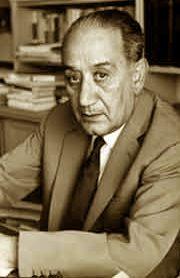A Quote by Northrop Frye
Writing: I certainly do rewrite my central myth in every book, and would never read or trust any writer who did not also do so.
Related Quotes
That is as true for fiction or non-fiction. The writer has to really know their subject. It is really important to remember that the readers are a lot smarter than the writer. Also, good writing has to do with rewriting. You will never get it right the first time. So you rewrite and rewrite again until you get it right. Until you, and the reader, will be able to visualize what you're writing about.
I saved letters from my boss. There are things in there that are directly transcribed. I was so glad I did that. Sometimes when I was writing the book I wondered if some little writer hobbit part of my brain was back there puppeteering that action. But it really never, on any conscious level, occurred to me that I would write about it. I will say, I thought probably some day there would be an ancillary character in some novel - not in the one I was currently writing - that would be a dominatrix or something.
Go where the pleasure is in your writing. Go where the pain is. Write the book you would like to read. Write the book you have been trying to find but have not found. But write. And remember, there are no rules for our profession. Ignore rules. Ignore what I say here if it doesn't help you. Do it your own way. Every writer knows fear and discouragement. Just write.The world is crying for new writing. It is crying for fresh and original voices and new characters and new stories. If you won't write the classics of tomorrow, well, we will not have any.
No one can teach writing, but classes may stimulate the urge to write. If you are born a writer, you will inevitably and helplessly write. A born writer has self-knowledge. Read, read, read. And if you are a fiction writer, don't confine yourself to reading fiction. Every writer is first a wide reader.



































